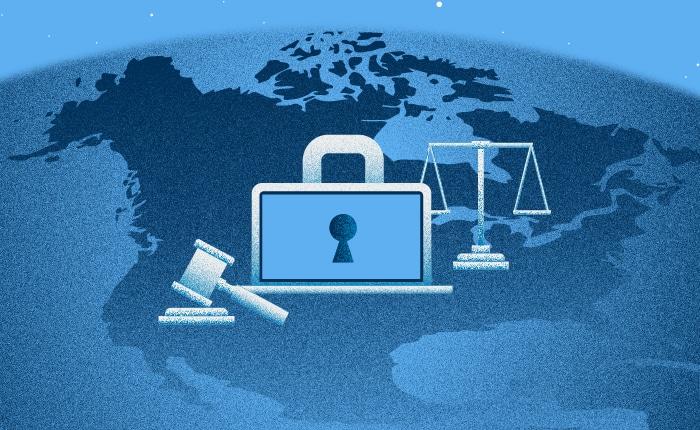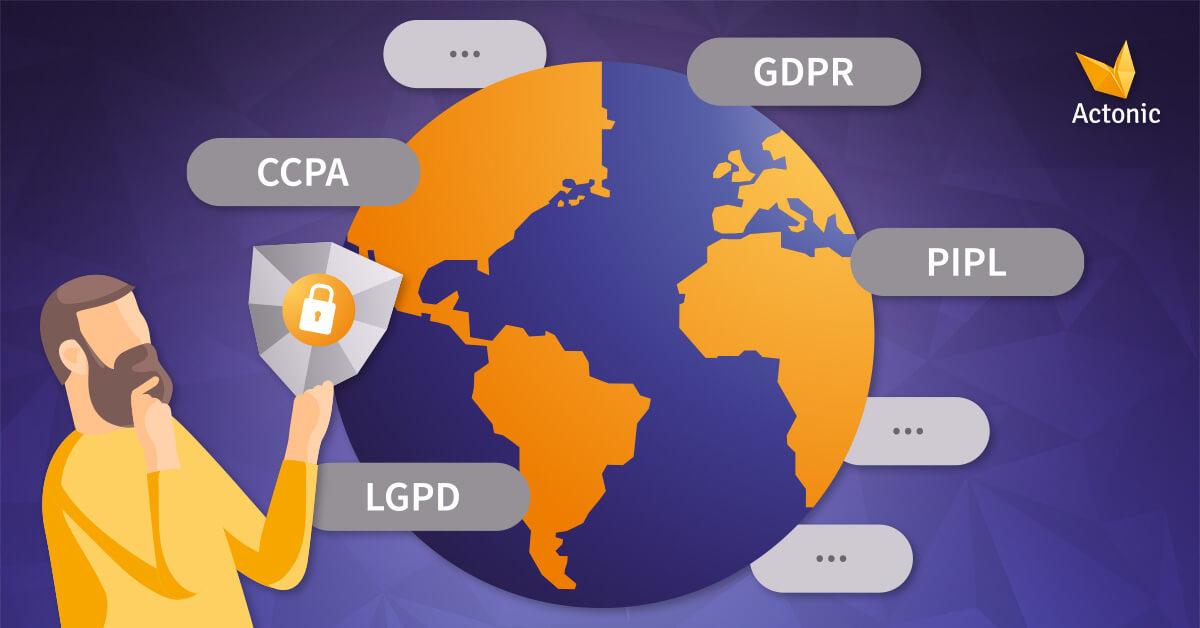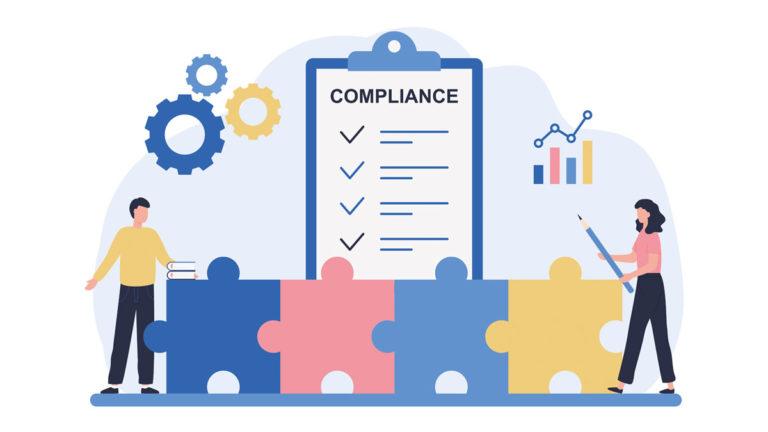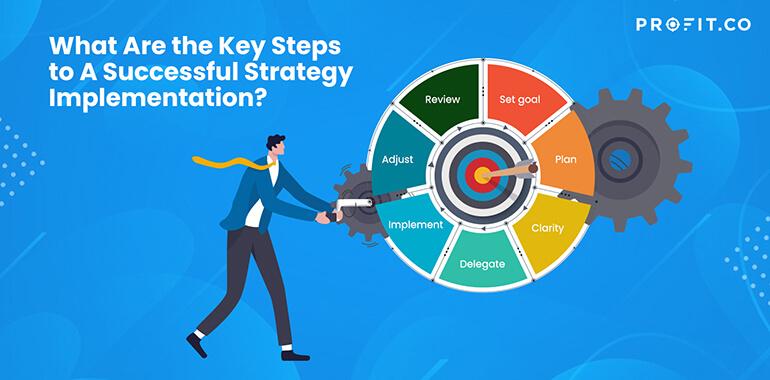In an era where data breaches and privacy scandals are making headlines almost daily, businesses are under more pressure than ever to protect the personal information of their customers. Navigating the complex landscape of privacy regulations can be daunting, but fear not - this comprehensive guide is here to help. From the GDPR to the CCPA, we will break down the key regulations that businesses need to know to stay compliant and build trust with their customers. Let’s dive in and demystify the world of privacy regulations together.
Understanding Privacy Regulations in the Digital Age
In the fast-paced digital age, it is more crucial than ever for businesses to understand and comply with privacy regulations to protect sensitive customer data. Failure to do so can result in severe consequences such as hefty fines, loss of reputation, and even legal action. To navigate this complex landscape, businesses must stay informed about the latest updates and changes in privacy laws to ensure they are taking the necessary steps to safeguard their customers’ information.
One of the key regulations that businesses need to be aware of is the General Data Protection Regulation (GDPR), which sets out strict guidelines on how companies should collect, store, and process personal data. Understanding GDPR requirements, such as obtaining explicit consent from individuals before collecting their data and ensuring it is kept secure, is essential for all businesses operating in the digital realm. By prioritizing privacy and compliance, businesses can build trust with their customers and demonstrate a commitment to protecting their sensitive information.

Key Components of Data Protection Laws
Businesses today are faced with the challenge of navigating complex data protection laws to ensure the privacy and security of their customer’s data. Understanding the is crucial for businesses to remain compliant and avoid costly penalties. Here are some essential elements that businesses need to consider:
- Consent: Data protection laws require businesses to obtain explicit consent from individuals before collecting or processing their personal information.
- Data Minimization: Businesses are required to only collect data that is necessary for the specified purpose and to ensure that it is kept accurate and up to date.
- Security Measures: Data protection laws mandate that businesses implement appropriate security measures to protect personal data from unauthorized access, disclosure, or destruction.
| Data Protection Principle | Description |
|---|---|
| Accountability | Businesses must demonstrate compliance with data protection laws and be accountable for their data processing activities. |
| Transparency | Businesses must provide individuals with clear and concise information about how their data is being collected, used, and shared. |

Best Practices for Achieving Compliance
When it comes to achieving compliance with privacy regulations, there are several best practices that businesses should follow to ensure they are operating within the legal boundaries. One key practice is to regularly review and update privacy policies to reflect any changes in regulations or business practices. This ensures that customers are informed of how their data is being used and that the business is transparent in their data handling processes.
Another important best practice is to implement data encryption technology to protect sensitive information from unauthorized access. By encrypting data at rest and in transit, businesses can minimize the risk of data breaches and maintain compliance with data protection laws. Additionally, providing employee training on data protection practices and conducting regular audits can help businesses stay on top of compliance requirements and mitigate any potential risks.

Implementing Privacy Policies and Procedures
is crucial for businesses to ensure they are compliant with privacy regulations and to protect the sensitive information of their customers. By having clear policies in place, businesses can establish trust with their customers and demonstrate that they take privacy seriously.
One important aspect of implementing privacy policies is to clearly outline what type of information is collected from customers, how it is used, and how it is stored. Businesses should also have procedures in place for data breaches and how they will notify affected individuals. Additionally, training employees on privacy policies and procedures is essential to ensure that everyone within the organization is aware of their responsibilities when it comes to handling sensitive information.
Concluding Remarks
In conclusion, navigating privacy regulations can be a daunting task for businesses, but by understanding and implementing the necessary measures, they can protect both their customers and their reputation. It is crucial for companies to stay informed and compliant with ever-changing privacy laws in order to maintain trust and credibility in the digital age. By prioritizing privacy and data protection, businesses can not only avoid costly fines and legal repercussions, but also demonstrate their commitment to safeguarding the personal information of their users. Remember, privacy is not just a regulation – it’s a fundamental right that should be respected and upheld by all. Thank you for reading our comprehensive guide on privacy regulations for businesses. Stay informed, stay compliant, and stay secure.

